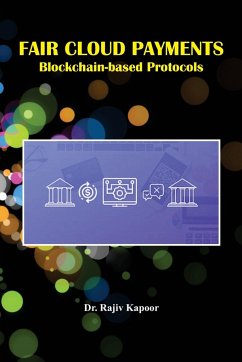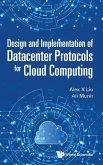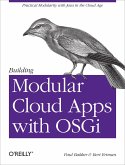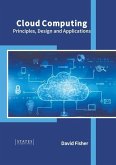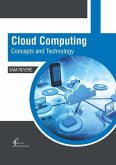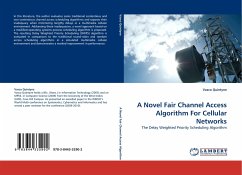Blockchain has become a prominent technology in recent years, and because of its characteristics like decentralization, immutability, and transparency, it is deemed as an alternative for establishing a trusted platform. Initially introduced through Bitcoin for peer-to-peer financial transactions, Blockchains have recently come to the forefront of the research and industrial communities. Smart contracts have been a major driving factor in the broad adoption of Blockchain technology as they introduce automatic control. Blockchain and smart contracts are becoming popular in many engineering and computer science fields. Cloud computing is one such field that can benefit from adopting Blockchain technology to re-engineer its data centers. Blockchain is expected to be an indispensable tool to fulfill the expectations of cloud systems' performance with minimal costs and management overheads. Many recent works focus on utilizing Blockchain technology for establishing trust and reliability in cloud operations. In cloud computing, it is generally assumed that the user generally trusts the cloud provider for provisioning the service honestly and pays to the provider before actually using the service. However, due to the monetary benefits involved, a rational cloud provider may deviate from provisioning the service honestly. To address this problem, existing solutions comprise trusted parties for fair payments between cloud user and cloud provider. Nevertheless, having trusted parties does not entirely solve the problem, and an additional financial cost is imposed on both the cloud user and the cloud provider. In current literature, fair payments for cloud services is not addressed adequately and hence, this thesis focus on designing fair payment protocols for cloud services without a trusted intermediary between cloud provider and cloud users. We have identified fair payment problems in all three traditional cloud service models and designed solutions for them. For the platform-as-a-service model, we have proposed Blockchain-based fair payment protocols for outsourcing-as-a-service (verifiable computation) and data aggregationas- a-service (mobile crowdsensing). We have proposed Blockchain-based fair payment protocols for cloud resource allocation and cloud data de-duplication for the infrastructureas- a-service model. We have designed a Blockchain-based fair rating, charging and billing platform for microservices deployed on a cloud for the software-as-a-service model.

